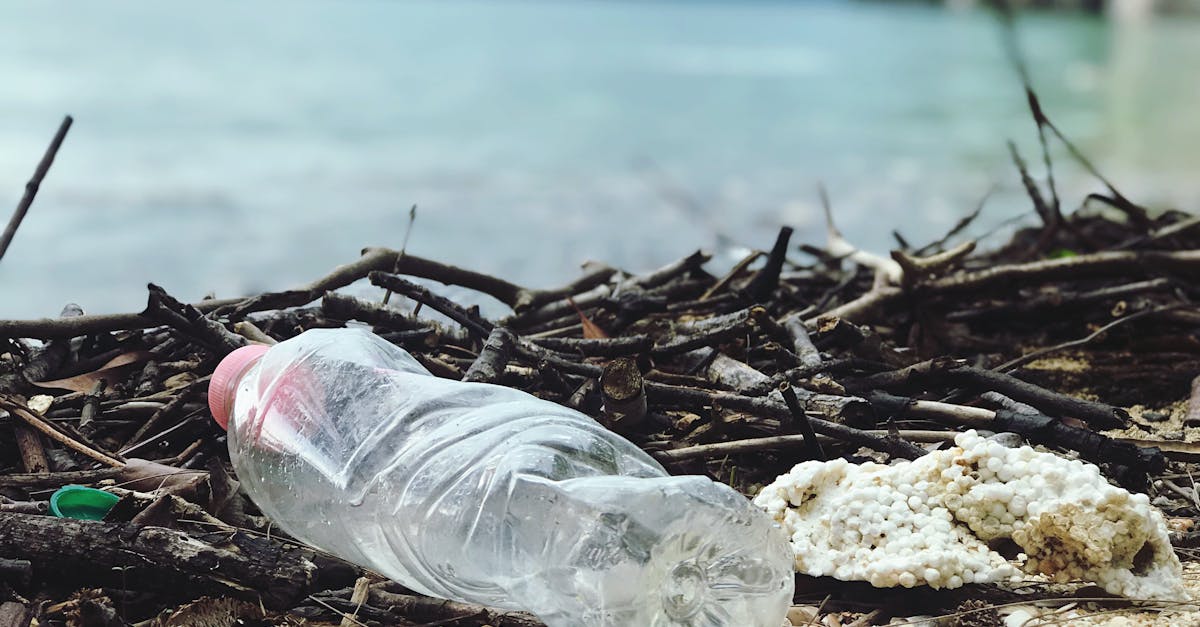Published on:
6 min read
Trash to Treasure: Creative Approaches to Effective Waste Management
In a world increasingly aware of environmental impact, effective waste management has never been more crucial. This post explores creative and innovative strategies to transform waste into valuable resources, ensuring sustainability and efficiency.

Upcycling: Turning Waste into Art
Upcycling is an art form that involves taking discarded materials and transforming them into functional items or artwork. This creative approach not only reduces waste but also encourages creativity and personal expression. For example, old wooden pallets can be converted into beautiful outdoor furniture. Similarly, glass jars can be turned into charming candle holders or storage solutions. By finding new uses for what would otherwise be trash, individuals can both beautify their homes and contribute to a sustainable lifestyle. Upcycling workshops and community events are popping up across the globe, encouraging everyone to join the movement and develop their own unique projects.
Composting: Nature's Recycling System
Composting is a highly effective method of waste management that transforms organic waste into nutrient-rich soil. This natural process not only reduces landfill waste but also enhances soil quality, promoting a healthier environment. To start composting, you can utilize kitchen scraps like vegetable peels, eggshells, and coffee grounds, along with yard waste such as leaves and grass clippings. A compost bin in your backyard or even a small countertop compost container can facilitate this eco-friendly process. Furthermore, many communities are implementing composting programs to encourage residents to participate in this sustainable practice, demonstrating how simple actions can lead to significant environmental benefits.
Educational Initiatives: Shifting Mindsets
Education plays a pivotal role in effective waste management. By informing communities about the importance of reducing, reusing, and recycling, we can cultivate a culture of sustainability. Schools and local organizations are initiating programs that educate students and residents on the environmental impact of waste and the benefits of smart consumption. Workshops on creating minimal waste households, reducing plastic use, and understanding recycling protocols empower individuals to make informed choices. Engaging the community through events, challenges, and accessible information can significantly shift mindsets and promote responsible waste management practices that last a lifetime.
Conclusion: Embracing a Sustainable Future
Transforming our approach to waste management is essential in the quest for a more sustainable future. By embracing creative methods such as upcycling, composting, and education, we not only conserve resources but also inspire others to follow suit. Every small action counts; together, we can turn our trash into treasure and foster a healthier planet for generations to come.
Published on .
Share now!










